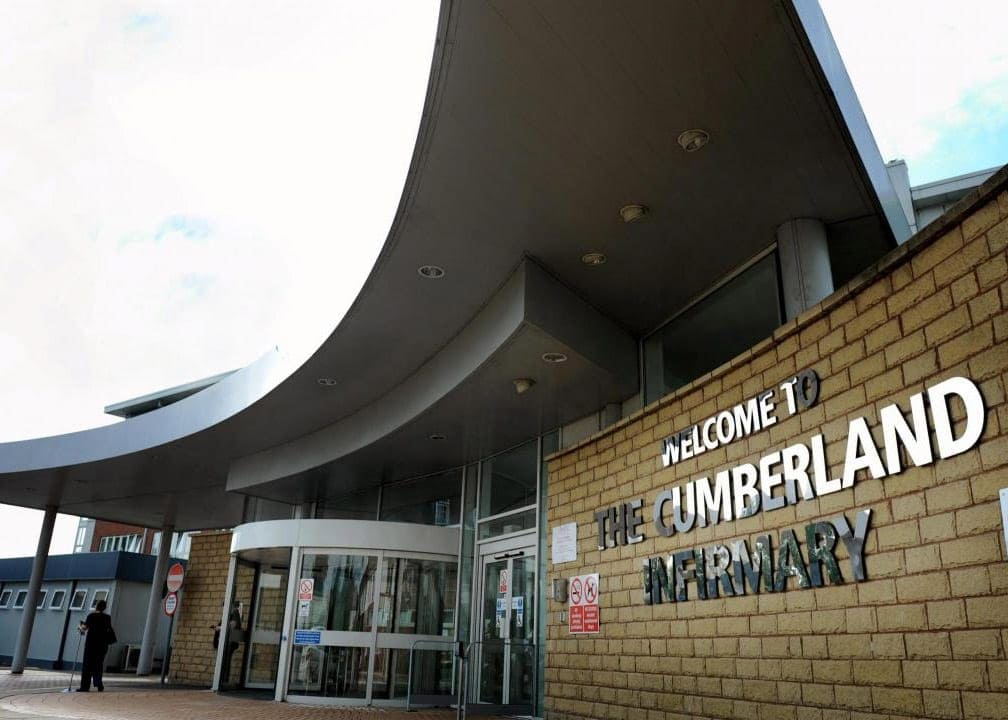
The health trust which runs the Cumberland Infirmary in Carlisle and Whitehaven’s West Cumberland Hospital consistently breached a key cancer waiting time target for almost two years, figures show.
Analysis of national data by Cancer Research UK revealed the target – aimed at making sure the majority of patients sent for urgent cancer investigations are seen within two months – has been missed across England for more than half a decade.
The charity is calling for major investment in services it said were struggling even before the coronavirus pandemic.
The NHS states 85 per cent of cancer patients urgently referred by a GP should start treatment within 62 days.
But NHS England data shows at North Cumbria Integrated Care NHS Foundation Trust fell behind the target in every month between October 2019 – when the trust was created following the merger of Cumbria Parntership NHS Foundation Trust and North Cumbria University Hospitals NHS Trust – and July this year.
In July, just 58 per cent of patients received cancer treatment within two months of an urgent referral.
That was down from both 68 per cent in June and 73 per cent in July last year.
Across England, just 72 per cent of patients received cancer treatment within two months of an urgent referral in July.
The NHS target was last met nationally in December in 2015, while annual performance has worsened year-on-year since 2017.
Cancer Research UK said pressures caused by the pandemic, including a growing list of patients, were a factor, but also laid blame on workforce shortages and insufficient infrastructure.
Professor Charles Swanton, the charity’s chief clinician, said: “For people with cancer, every day counts – that is why we have cancer targets.
“I’ve been working in the NHS for a long time and it’s hard to watch the continuous deterioration, and the anxiety and worsening outcomes this can cause patients.”
The charity said a radical reform of screening and diagnostic services was needed, backed up by long-term investment from the upcoming spending review by the Government at the end of October.
Prof Swanton added: “The Government has to commit to long term investment in workforce and kit so that we can turn things around and give patients both the care and outcomes they deserve.”
The Department of Health and Social Care said it was providing record investment for the NHS, including an additional £9 billion for elective and cancer care.
A spokesman said cancer diagnosis and treatment had remained a top priority throughout the pandemic.
“Almost 500,000 people were checked for cancer in June and July which is among the highest numbers ever,” they added.








